Beginning Again After Writer’s Block
Six years ago, I started my first corporate job with a game plan. Even with the commute and moderate overtime, if I really tried, I could carve out an hour or two every day to write. And with more time on the weekend, I would have ample time to practice and figure out where exactly I wanted to take my craft.
But reality proved to be much different when I settled into my new life. Work stress bled into personal time. Or one hour was just not enough to get into the flow of writing. It took a while to recalibrate and lay down what the work/life/art balance could look like.
Of course, this was not the intended path. When I first started writing shitty poems about the Titanic at fifteen, I knew that writing would be a lifelong endeavor. I wanted to collapse the divide between work and life. In this idyllic future, I wouldn’t need to separate my worlds. I imagined the boundary to be porous and fluid, allowing for my work to be centered around my art and my art to draw from my life.
If you’re anything like me, the writing brain is not something you can toggle on and off. But day jobs leave you with little time to create. Each writing session had to amount to something, to justify all the other time I could not spend writing. I treated my neurotic first drafts as finished pieces and felt immensely disappointed in myself as a writer, and more as a person. There was no room to practice. There was no kindness towards my first attempts. There was no tolerance for words that did not flow. Every time I sat down to write, I was paralyzed by the anxiety of producing a less-than-perfect output.
I buckled under the self-imposed obligation that each piece of writing had to be representative of all of my work.
Overcome with shame for not pushing through the mental noise, I built up resentment towards my day job, for having to disable the creative brain for eight hours every day. I could not see it as anything other than lost time. I nursed this regret all week and let it consume me on the weekends. Eventually, my writing muscles atrophied, making meaningful progress doubly difficult.
This black-and-white thinking did not push me to do better. It stopped me from writing out of fear of it not being perfect. I asked myself if the prospect of never writing was better than embarrassing myself by putting out average work.
Writing has always been a way of understanding myself. For as long as I can remember, I’ve moved through the world with the quiet confidence that the important bits would show up in my work. Through writing, I could retrace my steps and understand why I interacted with the world the way I did. I could extend this comfort to others, too; make someone else understand why they acted the way they did. The downside to this line of thinking - of going about life with one eye trained on the world to document and process it - was that, if I stop writing, life starts to feel stagnant.
In the last three years, there were many false starts. A promising Saturday spent at the cafe piecing together my notes into a narrative. A Friday evening at the end of a slow week. Each break in momentum only reinforced the idea that I could never improve.
A little reframing of reality helps here. What you notice after failing enough times is that, for each break, there is always a start. Bridging the gap between each start and break was more practical than forcing myself to never stop.
Starting again was not without its setback. The thoughts that compel me to write and share my experiences are the same thoughts that mock me for my lackluster articulation. It was tempting to cry over the tremendous progress I could have made if I hadn’t burdened myself with lofty expectations. There’s still a gulf between the work I want to produce and what ends up on the screen. (I heard that never goes away, but that’s a topic for another day.) On good days, I can acknowledge that I am less inhibited than I was the last time I sat down to write. On the less-than-good days, it can feel like I am back at the starting line.
At the end of the day, for all the ambitions I tack on to my craft, the desire to write is just that - a desire. The act of writing is fulfilling in itself, regardless of the perceived quality of output. The corollary is that I am robbing myself of contentment when I don’t write. Life is a little less when I don't write.
This is something I need to remind myself of often. It is not a perfect antidote to self-doubt, but it alleviates the mental resistance when I want to slam my laptop shut.
Writing these days goes somewhat like this - some days I am far too consumed by the absurdities of life that I look for meaning in misfortune where there is none. It makes me second-guess my writing, primarily an exercise in meaning-making. It can feel like I am scraping the bottom of an empty barrel. This is a sign to pause, and I have gotten better at listening to myself.
And some days, when I am not trying too hard, I am allowed a peek behind the humdrum of life. I write.
